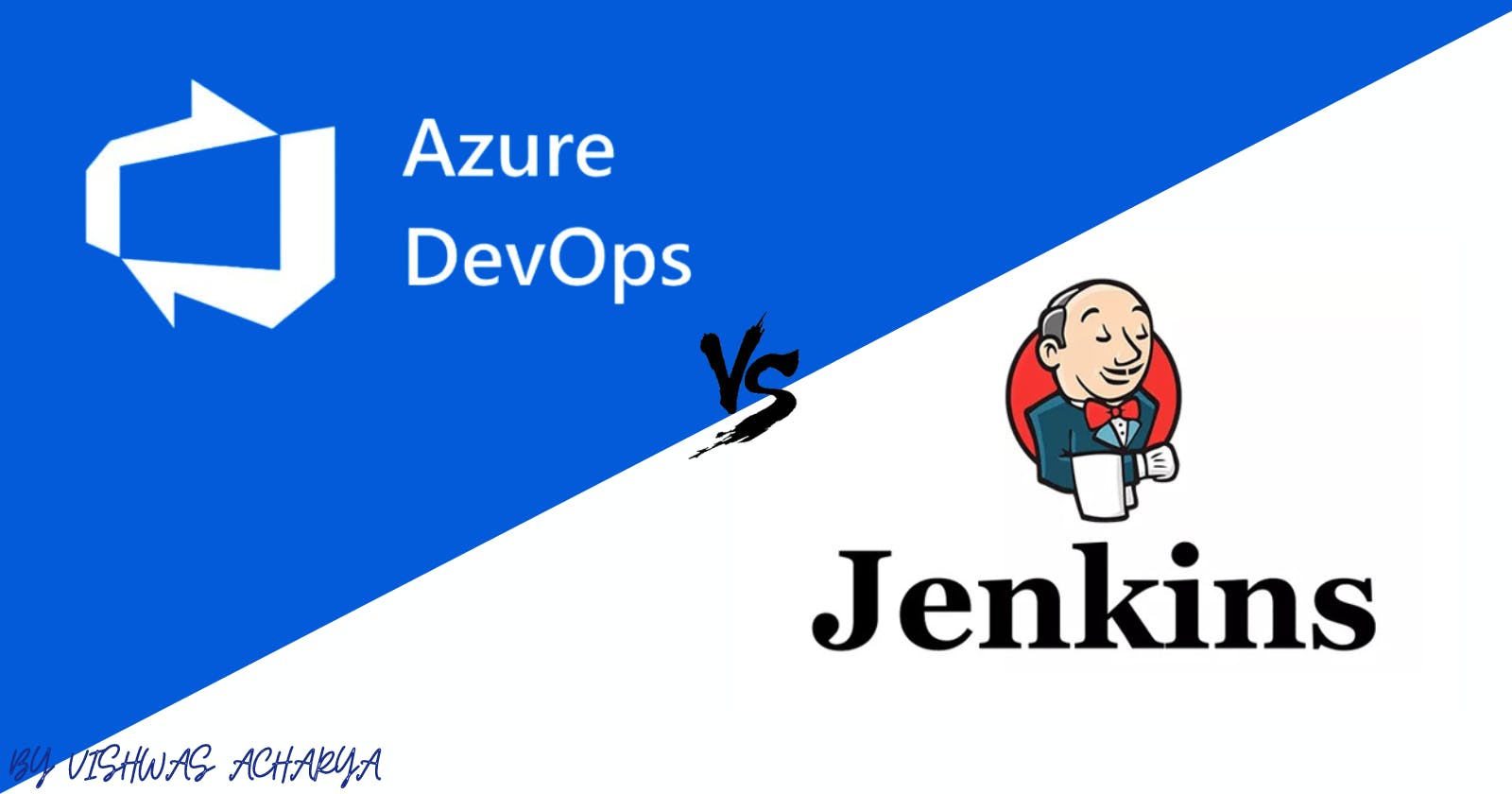Introduction
Continuous Integration/Continuous Delivery (CI/CD) is a crucial part of software development. It ensures that code is regularly integrated and tested so that any issues can be detected and resolved early on. Azure DevOps and Jenkins are two popular tools used for CI/CD. In this article, we will compare Azure DevOps and Jenkins and help you decide which one is better for your needs.
What is Azure DevOps?
Azure DevOps is a comprehensive suite of tools that includes everything you need for CI/CD, such as version control, build, testing, and deployment. It is a cloud-based service provided by Microsoft, and it is fully integrated with other Microsoft tools such as Visual Studio.
What is Jenkins?
Jenkins is an open-source tool for CI/CD. It is highly extensible and can be used with a wide variety of plugins. It is free to use and has a large community of users who contribute to its development.
Comparison between Azure DevOps and Jenkins
Cost
Jenkins is free to use, while Azure DevOps has a range of pricing plans depending on your needs. The basic plan is free, but it has some limitations. The paid plans offer more features and higher limits.
Ease of use
Azure DevOps is designed to be easy to use, with a simple user interface and comprehensive documentation. Jenkins, on the other hand, requires more configuration and setup before it can be used effectively.
Integration with other tools
Azure DevOps is fully integrated with other Microsoft tools, such as Visual Studio, and it also integrates with a wide range of third-party tools. Jenkins has a large number of plugins available, but it may require more configuration to integrate with other tools.
Security
Both Azure DevOps and Jenkins offer strong security features, but Azure DevOps has more advanced security features, such as IP filtering and two-factor authentication.
Scalability
Azure DevOps is a cloud-based service, which means it can easily scale up or down depending on your needs. Jenkins, on the other hand, requires more resources to scale up.
Community support
Jenkins has a large and active community of users who contribute to its development and provide support. Azure DevOps also has a community, but it is not as large as Jenkins'.
Conclusion
Both Azure DevOps and Jenkins are powerful tools for CI/CD, and choosing between them depends on your specific needs. If you are looking for a tool that is easy to use and fully integrated with other Microsoft tools, then Azure DevOps may be the better choice. If you are looking for a free, highly extensible tool with a large community, then Jenkins may be the better choice.
FAQs
What is CI/CD?
- CI/CD stands for Continuous Integration/Continuous Delivery. It is a set of practices that ensure that code is regularly integrated and tested so that any issues can be detected and resolved early on.
Is Azure DevOps better than Jenkins?
- It depends on your specific needs. Azure DevOps is easier to use and is fully integrated with other Microsoft tools, while Jenkins is free, highly extensible, and has a large community.
Is Jenkins difficult to use?
- Jenkins can be difficult to set up and configure, but once it is set up, it is easy to use.
Can Azure DevOps be used with non-Microsoft tools?
- Yes, Azure DevOps can be integrated with a wide range of third-party tools.
Is Azure DevOps more secure than Jenkins?
- Azure DevOps has more advanced security features, such as IP filtering and two-factor authentication, but both tools offer strong security features.
By Vishwas Acharya 😉
Checkout my other content as well:
YouTube:
Podcast:
